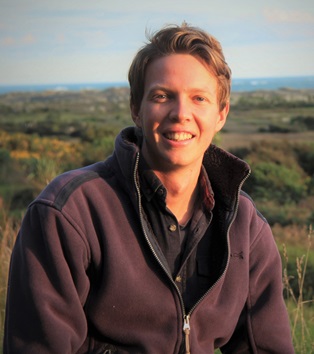Our people
-220x220.jpg)
Dr Oliver Andrews
Senior Lecturer in Climate Science
Research interests:
- Climate change
- Ocean modelling
- Ocean carbon cycle

Professor Kathryn Arnold
Professor
Research interests:
- Wildlife dispersal of antimicrobial resistance
- Impacts of environmental contaminants on wildlife
- Biodiversity and ecosystems services
- Woodland management and biodiversity;
- Animal ecology and behaviour

Dr Roman Ashauer
Honorary Fellow

Matthew Badham
Deputy Head of Faculty Operations
- environment-dhfo@york.ac.uk
- 01904 321196
- C/A/119, ENV040

Matthew Badham
Deputy Head of Faculty Operations
- environment-dhfo@york.ac.uk
- 01904 321196
- C/A/119, ENV040

Dr Gideon Baffoe
Lecturer in Environment and Development
- gideon.baffoe@york.ac.uk
- 01904 321652
- ENV/141
Research interests:
- Sustainable cities and neighbourhoods
- Urbanisation, poverty and inequality
- Livelihood and environmental change
- Ecosystem services
- Agricultural development and food security
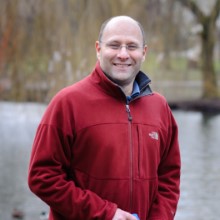
Professor Alistair Boxall
Professor
Research interests:
- Effects and risks of emerging chemical contaminants in the natural environment
- Methods for monitoring pollution in cities

Professor Sarah Bridle
Chair in Food, Climate and Society
- sarah.bridle@york.ac.uk
- 01904 323244
- ENV/139
Research interests:
- Food and climate change
- Transforming food systems
- Environmental and nutrition impacts of dietary options

Dr Katherine Brookfield
Senior Lecturer
- k.brookfield@york.ac.uk
- 01904 324060
- ENV/228
Research interests:
- Quality of life
- Planning and the built environment
- Age-friendly housing and built environments
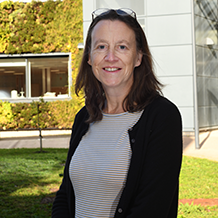
Professor Nicola Carslaw
Professor, Deputy Head of Department
Research interests:
- Indoor air quality
- Numerical modelling of air pollution chemistry in the indoor environment
- Indoor air pollution
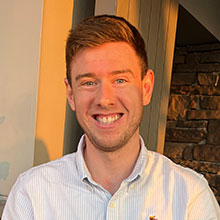
Dr Toby Carter
Research Associate in Indoor Air Chemistry
- toby.carter@york.ac.uk
- ENV/326
Research interests:
- Chemistry of indoor environments
- Computational and physical chemistry
- Air chemistry modelling
- Lung exposure to pollutants
- Far-UVC photochemistry

Dr Juan Pablo Cordero Garayar
Postdoctoral Research Associate
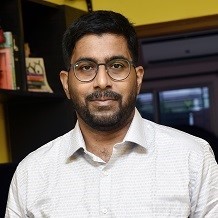
Dr Darpan Das
Lecturer in Environmental Science
- darpan.das@york.ac.uk
- 01904 324960
- ENV/243
Research interests:
- Measurements and modeling of air pollution
- Exposure assessment of stressors/ pollutants
- Waste to energy conversion using the thermo-chemical conversion pathway
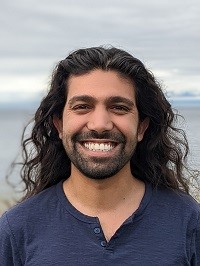
Dr Truzaar Dordi
Lecturer in Sustainable Management
- truzaar.dordi@york.ac.uk
- 01904 322785
- ENV/029
Research interests:
- Low-carbon economic transitions
- Environmental innovation and societal transitions
- Energy research and social science
- Climate change
- Sustainability management
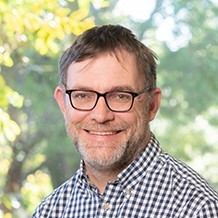
Professor Andy Dougill
Dean of the Faculty of Sciences
Research interests:
- African Food Systems
- Climate Change Adaptations in Dryland Farming Systems
- Soil science
- Climate change
- Environmental sustainability

Alison Edmonds
Student Services Manager
- environment-studentservicemanager@york.ac.uk
- 01904 322207
- C/A/109, ENV001

Alison Edmonds
Student Services Manager
- environment-studentservicemanager@york.ac.uk
- 01904 322207
- C/A/109, ENV001
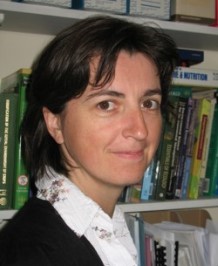
Professor Lisa Emberson
Professor
- l.emberson@york.ac.uk
- 01904 322925
- ENV/320
Research interests:
- Modelling air pollution
- Climate change impacts on arable crops
- Modelling land surface exchange processes
- Agricultural adaptation to climate change
- Air quality mitigation policy

Professor Ioan Fazey
Professor, Deputy Head of Department
- ioan.fazey@york.ac.uk
- 01904 323269
- ENV/142
Research interests:
- Supporting systemic change and transformations for new kinds of regenerative futures
- Action oriented research and transdisciplinary methods to support change
- Transforming formalized knowledge creation systems and institutions
- Designing transformational approaches and business models
- Transformational capacity building and education
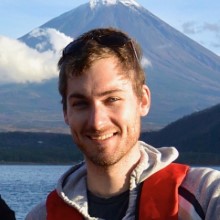
Dr Ed Garrett
Lecturer
- ed.garrett@york.ac.uk
- ENV/030
Research interests:
- Sea-Level studies
- Sedimentology
- Microfossil analysis
- Hazards of subduction zone earthquakes, tsunamis, and sea-level rise
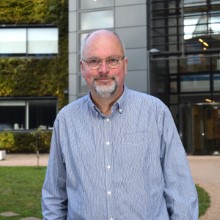
Professor Roland Gehrels
Professor
Research interests:
- Recent accelerations of sea-level rise
- Rapid sea-level change during interglacials
- Quantitative methods of sea-level reconstruction using microfossils
- Patterns of Holocene isostatic crustal movement
- High-precision dating techniques for sea-level reconstruction
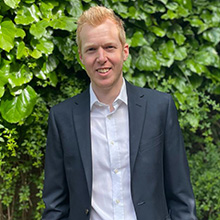
Research interests:
- Urban sustainability
- Economic geography
- Critiquing the political economy

Dr Adam Green
Lecturer in Sustainability
- adam.green@york.ac.uk
- ENV/030
Research interests:
- The relationship between inequality and sustainability in South Asia
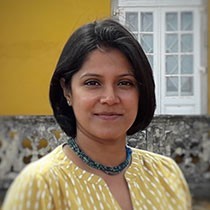
Dr Anika Haque
Senior Lecturer
- anika.haque@york.ac.uk
- ENV/137
Research interests:
- Urban inequality
- Everyday and embedded structural inequalities at city level.

Jonathan Haslam
Doctoral Training Project Manager (Chemistry and Environment & Geography)

Dave Hay
Health & Safety and Technical Manager

Dr Jon Hill
Senior Lecturer
- jon.hill@york.ac.uk
- 01904 324480
- ENV/319
Research interests:
- Chemical, biological and physical processes of natural systems
- HPC
- Sedimentology
- Physical oceanography
- Palaeobiology
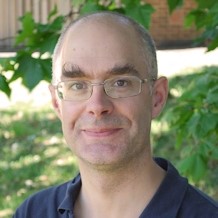
Professor Mark Hodson
Anniversary Professor
- mark.hodson@york.ac.uk
- 01904 324065
- ENV/316
Research interests:
- Effects of earthworms on soil chemistry
- Ecosystem services
- Evolution to carbon cycling

Dr Sahar Hofmann
Lecturer in Sustainability
- sahar.hofmann@york.ac.uk
- 01904 325390
- ENV/241
Research interests:
- Climate finance
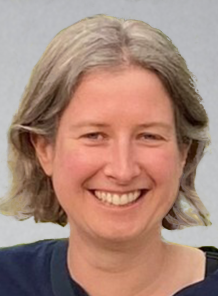
Dr Naomi Holmes
Senior Lecturer
- naomi.holmes@york.ac.uk
- 01904 324322
- ENV/131
Research interests:
- Geography pedagogies in higher education
- Accessibility of science and environmental change

Dr Paul Hudson
Senior Lecturer
- paul.hudson@york.ac.uk
- 01904 322763
- ENV/241
Research interests:
- Flood risk management
- Disaster risk management
- Climate change adaptation
- Nature based solution
 (2)_crop-218x228.jpg)
Professor Claire Hughes
Head of Department
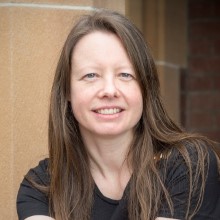
Dr Eleanor Jew
Lecturer in Environment and Development
- eleanor.jew@york.ac.uk
- 01904 324052
- ENV/130
Research interests:
- Relationships between the human and environmental systems
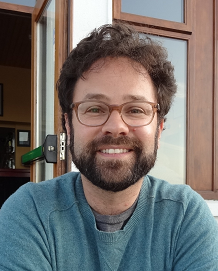
Dr Joshua Kirshner
Senior Lecturer
Research interests:
- Development
- Energy
- Low-carbon transition
- Commodity frontiers
- Cities
- Urban futures

Dr Felicia Liu
Lecturer in Sustainability
- felicia.liu@york.ac.uk
- ENV/036
Research interests:
- Interaction between capital, society and nature in the Anthropocene
- How society makes sense of anthropogenic environmental changes
- Corporate sustainability
- Sustainable finance
- Non-state actor responses to environmental change

Dr Simon Mair
Lecturer in Sustainability
- simon.mair@york.ac.uk
- 01904 324387
- ENV/029
Research interests:
- The post-growth and degrowth economics
- Post-capitalism
- Alternative economies
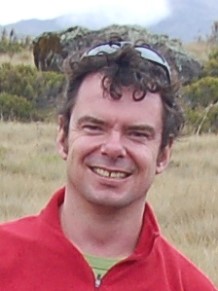
Professor Robert Marchant
Professor
Research interests:
- Climate change
- Tropical ecology
- Conservation
- Tropical Ecosystem dynamics
- Ecosystems
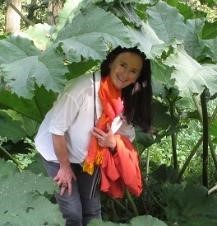
Professor Giovanna Massei
Research Professor
Research interests:
- Human-animal interactions and coexistence
- Non-lethal methods to manage wildlife and free-roaming livestock
- Fertility control for wildlife
- Wildlife ecology, behaviour and population management
- Management of non-native invasive wildlife

Dr Colin Mcclean
Senior Lecturer
- colin.mcclean@york.ac.uk
- 01904 322995
- ENV/144
Research interests:
- Conservation ecology and biodiversity
- Land use modelling
- Pollution impacts to biogeochemistry

Dr Robert Mills
Lecturer in Environmental Science
- robert.mills@york.ac.uk
- 01904 326508
- ENV/244
Research interests:
- Mountain ecosystems and their response to environmental change
- How soil organisms cycle carbon and nutrients
- How snow cover exerts an effect on energy in mountain ecosystems

Dr Ollie Moore
Lecturer in Environmental Science
- oliver.moore@york.ac.uk
- ENV/030
Research interests:
- Investigating the cycling of bioessential elements in soils and marine sediments
- Investigating the rates at which minerals weather within subsurface bedrock fractures
- Applying mineral-water interface research to the understanding of global element cycles
- Development of novel proxies for palaeo ocean redox and biogeochemical cycling

Dr Karen Parkhill
Reader
Research interests:
- Social dimensions (e.g. perceptions, policies, ethics, responsibility) of energy
- Climate change
- Geoengineering

Dr Richard Payne
In Memoriam: Senior Lecturer

Dr David Rippin
Reader
- david.rippin@york.ac.uk
- 01904 324703
- ENV/244
Research interests:
- the controls on the dynamics of glaciers and ice-sheets
- Ground-based and airborne RES techniques in exploring englacial and subglacial environments
- Thermal evolution of small Arctic glaciers
- Supraglacial environments

Professor Laura Robinson
Chair in Oceans, Climate and Society
Research interests:
- Understanding the processes that govern climate using geochemistry
- Timing of Pleistocene climate change events
- Palaeoclimate reconstructions
- Deep-sea coral paleo-biogeography
- Impact of weathering on the ocean and climate
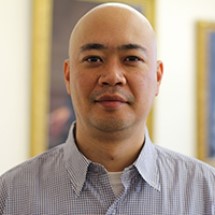
Dr Marco Sakai
Senior Lecturer
- marco.sakai@york.ac.uk
- 01904 324070
- ENV/317
Research interests:
- Analysing the links between climate, resource consumption, the economy and development
- Effects of policies aimed at reducing resource use and environmental pressures
- Economy
- International trade and development

Dr Katherine Selby
Senior Lecturer
Research interests:
- Reconstruction of past sea level changes
- Environmental reconstruction of coastal areas; how these influence cultural development
- Palaeoenvironmental reconstruction using pollen and diatom analyses

Professor Jason Snape
Research Professor
- jason.snape@york.ac.uk
- 01904 323146
- ENV/226
Research interests:
- Sustainable healthcare
- Developing tools to identify/manage chemical risks to society and the environment.
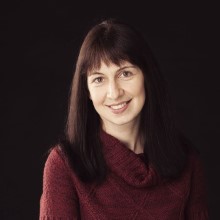
Professor Lindsay Stringer MBE
Chair in Environment and Development, Chair of YESI
Research interests:
- The links between livelihoods and environmental change
- Science, policy and environmental governance
- The practical and policy mechanisms that can advance sustainable development

Dr Samarthia Thankappan
Senior Lecturer
Research interests:
- Resilience in food systems
- Sustainability and the agri-food sector
- Environmental, economic and social costs of enhanced transport systems
- Environment, society & governance
- Mapping social and knowledge flows in ecosystems

Professor Thomas (Tom) Hutchinson
Emeritus Professor
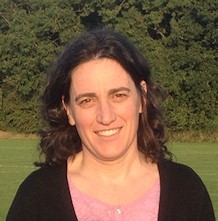
Professor Julia Touza-Montero
Professor
- julia.touza@york.ac.uk
- 01904 324246
- ENV/037
Research interests:
- Environmental problems driven by economic factors
- Strategic behaviour of natural resource users/managers in a temporal-spatial context
- Dynamic optimisation of natural resource management
- Relationship between trade and global environmental change driven by invasive species
- Strategic interactions in environmental cooperation at local and international scale
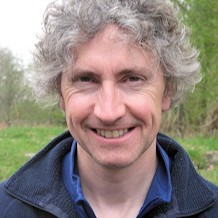
Professor Piran White
Professor
- piran.white@york.ac.uk
- 01904 324062
- ENV/037
Research interests:
- Environment and human health
- The protective value of ecosystems
- Vulnerability and resilience in relation to environmental hazards
- Wildlife disease and wildlife management
- Implications of political and land use change for climate risk

Robert Wild
Honorary Fellow
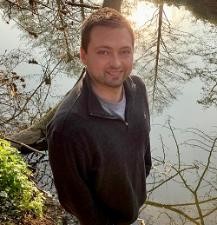
Dr John Wilkinson
Lecturer in Environmental Science
Research interests:
- Analytical chemistry
- Environmental toxicology








.jpg)

























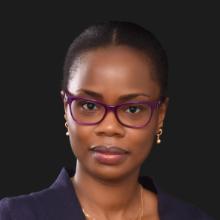








-218x331.jpg)


